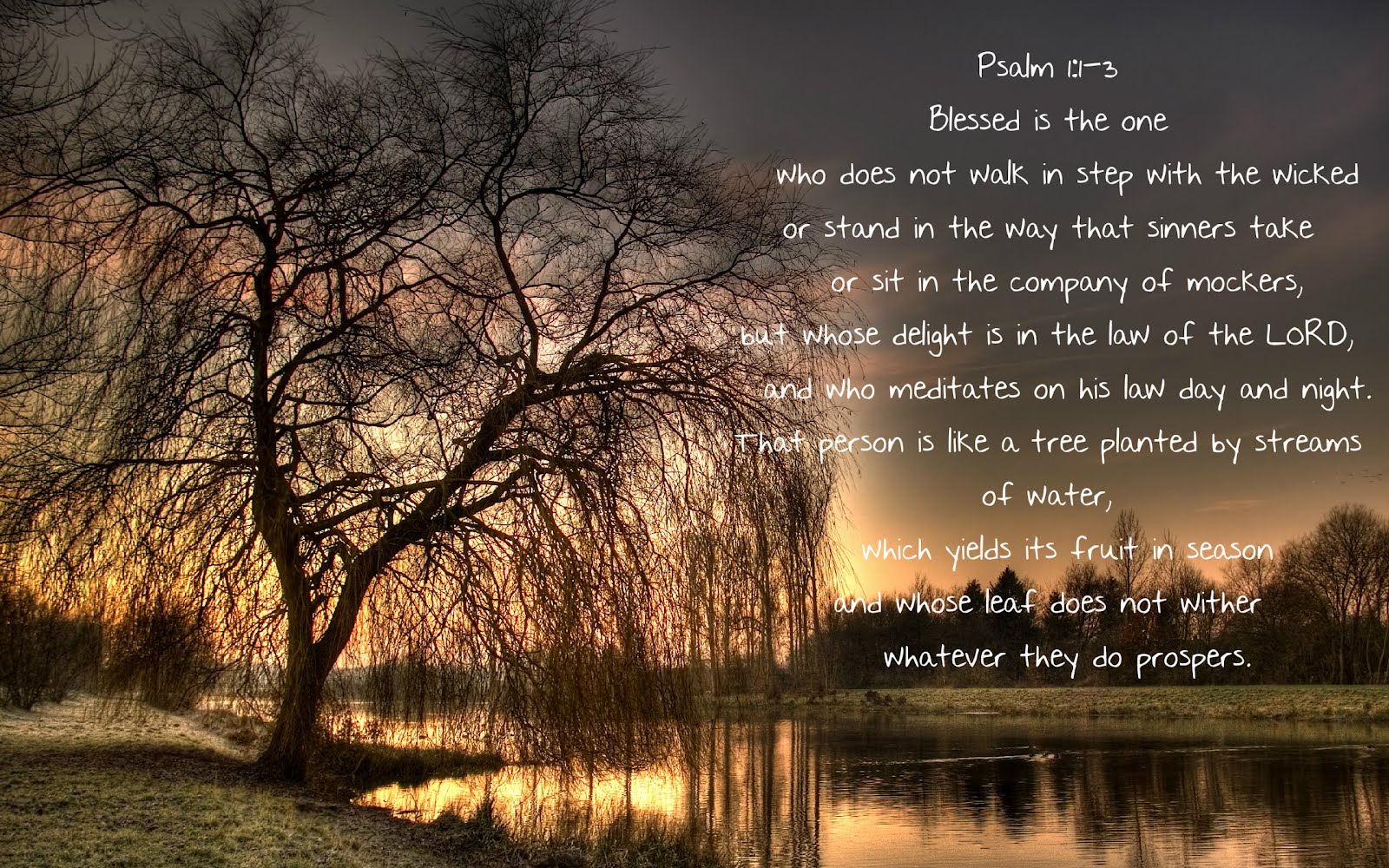The Nubian ibex (Capra nubiana) is a desert-dwelling goat species found in mountainous areas of northern and northeast Africa, and the Middle East. Its range is within Egypt, Israel, Jordan, Lebanon, etc. In Israel, the historically dense ibex population, described in the Hebrew Bible
(Psalm 104:18), was decimated in the wake of the First World War.
The sudden availability of rifles enabled Bedouin to hunt them to near extinction. After the establishment of the state of Israel, when hunting was outlawed and nature reserves were created in which they were protected, the ibex population rebounded. Three populations have been discovered in Israel:
in the Judean Desert, the Negev mountains and Eilat."



